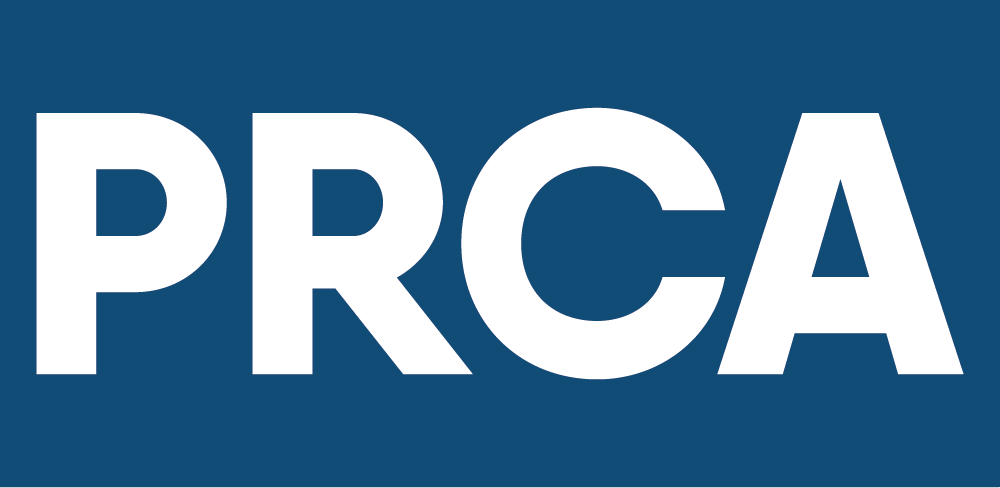Welcome to the PRCA website.
We’re adding new content and features regularly, including a new portal for members, and much more. Stay tuned!
How to stop using words journalists hate
If you refer to your latest product launch as ‘pioneering’, ‘ground-breaking’, ‘innovative’ or ‘state-of-the-art’, you not only irritate journalists you also reduce your chances of getting decent coverage. How then do you swap the fluff for the facts?
Journalists are busy people. They receive hundreds of unsolicited press releases and sell-ins every day. They don’t have time to plough through pages of corporate bull to find the story. And they certainly won’t think a story is ‘exciting’ just because someone sticks the word ‘exciting’ in front of the noun.
What PR words do journalists hate?
Pretty much any useless adjective (describing word) that doesn’t qualify or differentiate the thing it’s talking about.
For example, an ‘exciting’ workshop – useless. A ‘half-day’ workshop – useful. ‘Half-day’ differentiates the workshop from a one- or two-day workshop.
Adjectives that sound pompous and add nothing:
Pioneering, ground-breaking, revolutionary, innovative
Exciting, dynamic, iconic, stylish, sophisticated
State-of-the-art, ultra-modern, leading-edge, cutting-edge
You also need to avoid ambiguous nouns (names of things) that make things sound more interesting than they are.
For example, if you mean you’re opening a new office in Scunthorpe, say it. Don’t say you’re considering “satellite platforms to better enable enhanced customer journeys”.
Nouns that sound pompous and add nothing:
Platform, landscape, pathway, game-changer
Customer journeys, customer touchpoints, customer intimacy
core competencies, imbedded infrastructures, strategic positioning
Then there are the clichés, platitudes and Americanisms that make you sound weak, stupid or pretentious – or all three.
Words/phrases that irritate, confuse or add nothing:
We’re delighted/proud/excited/passionate
Going forward, reaching out, connecting, touching base
Leverage, synergy, turnkey, solution, omnichannel
Why do journalists hate them?
At their best, these words are unclear. Faced with a constant onslaught of press releases, if journalists have to decipher the meaning first, they’re likely to give up and go onto the next one.
At their worst, they hide what’s really going on. Whenever journalists see a press release or article that’s full of marketing jargon, they think “someone is trying so hard to make this sound good, it’s probably really dull” or “someone is trying so hard to make this sound good, I wonder what they’re not telling me.”
Why do we write these words if journalists hate them so much?
Good question. I believe there are two main reasons.
One, new people entering PR tend to copy what their line managers do. So, if you’ve been led to believe that this is how you’re supposed to write in marketing, you continue to perpetuate the myth when you become a manager.
Two, clients love them. They're either genuinely "passionate and excited" about their latest "innovative turnkey solution" or they think their new me-too product/service won’t sound interesting enough without a bit of bolstering. We need to convince them that these empty words have the opposite effect.
How do you stop writing words journalists hate?
Be professional. Clients hire you for your expertise so tell them that these words not only don’t help, they actually hinder their stories.
Be precise. Ask your clients to explain what makes their products or services ‘innovative’ or ‘pioneering’. What’s new? What’s different? What new problems do they solve? If they can’t prove they’re innovative, don’t say they are.
Be honest. If all you’ve really done is put your balsamic vinegar in a nicely-shaped bottle, say so. Don’t imply that it’s new, improved or life-saving. The world likes nicely-shaped bottles too.
